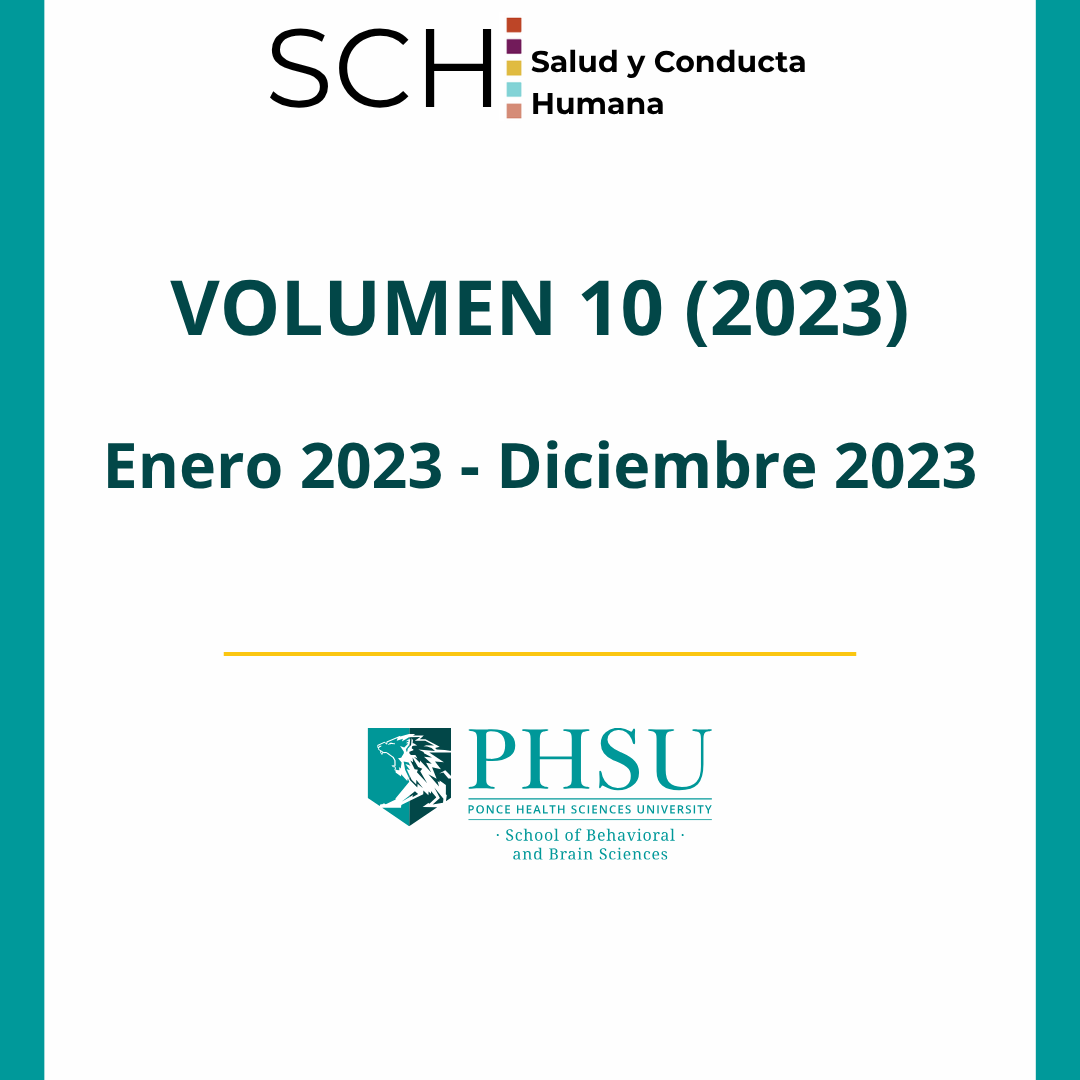Characterizing the Effect of Restraint Stress on the Hippocampal Activity of Breast Tumor-Bearing Mice
DOI:
https://doi.org/10.71332/c50jcz90Resumen
Brain-derived neurotrophic factor (BDNF) is a crucial regulator of neuronal plasticity in the brain and signaling throughout the central nervous system. Interestingly, patients with behavioral disorders, such as major depressive disorder, exhibit decreased BDNF expression in the hippocampus (HPC). In addition, chronic stress leads to lower BDNF levels in the HPC and increased microglia. Our group has shown that stress induces systemic inflammation and accelerates disease progression in cancer patients. However, the role of chronic stress on the HPC in breast cancer patients is poorly understood. Our study aimed to understand the effects of restraint stress on the HPC of breast tumor-bearing mice. We hypothesize that restraint stress will increase microglia activation and decrease BDNF in the HPC of breast tumor-bearing mice, which could contribute to depressive-like behaviors. Our experiments were conducted using breast-tumor-bearing NU/NU mice that were restrained for two hours daily for six weeks. Unstressed breast tumor-bearing mice were used as a control group. Mice were sacrificed after six weeks, and their brain, tumors, and blood were collected. Our data demonstrated increased tumor growth and elevated levels of pro-inflammatory factors in the blood of mice subjected to restraint stress. Furthermore, immunohistochemical analyses of the brain suggested a decrease in BDNF levels and increased microglia in the HPC. These data provide a foundation to support further studies that aim to understand how brain function can be altered in cancer patients.
Descargas
Descargas
Publicado
Número
Sección
Licencia
Derechos de autor 2025 Salud y Conducta Humana

Esta obra está bajo una licencia internacional Creative Commons Atribución 4.0.


